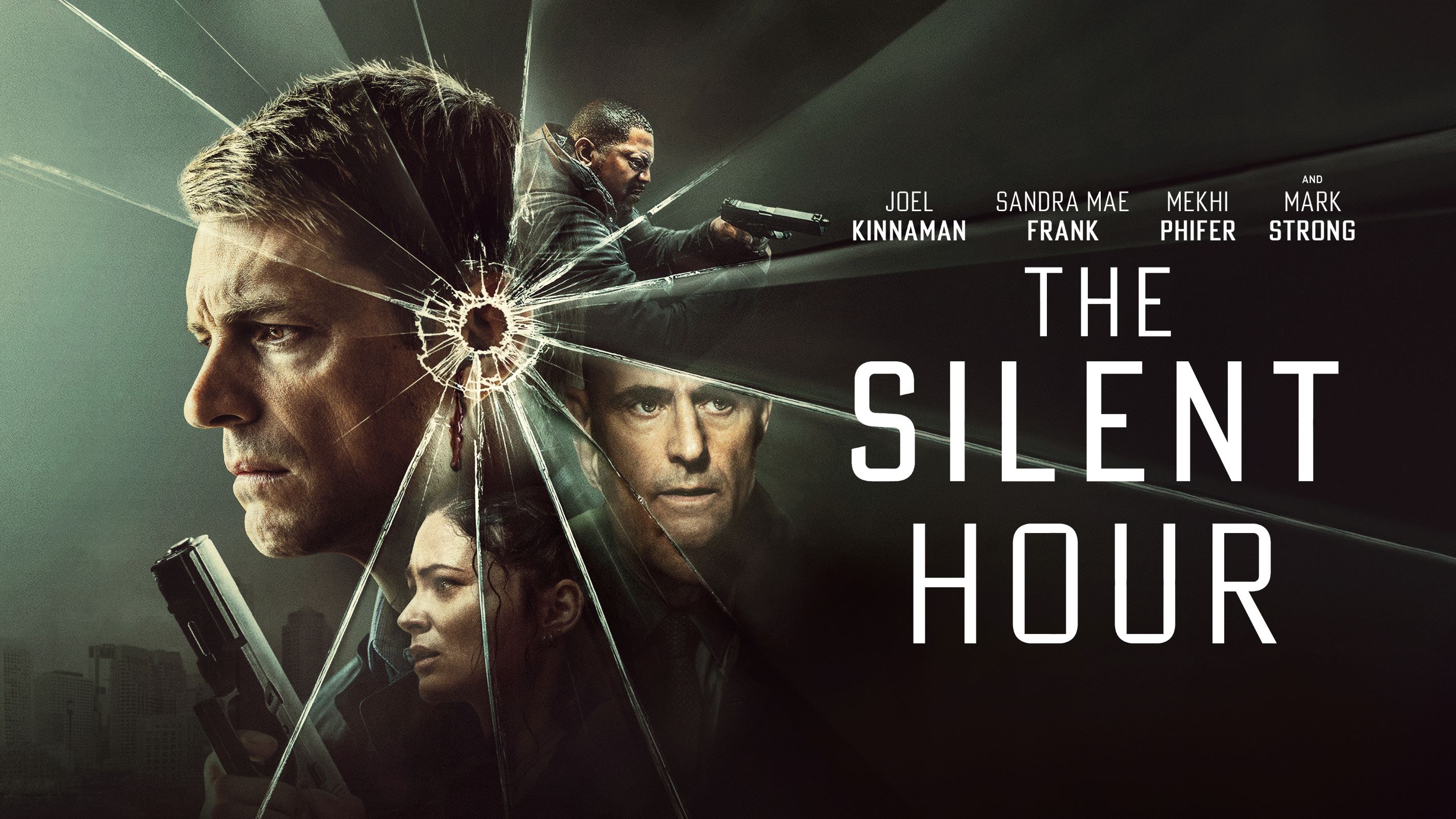Rarely does a contemporary film seem so determined to embrace the art of the faceplant as A Line of Fire. This is less a motion picture than a group project nobody wanted to do, so Matt Shapira—who writes, directs, produces, and even acts—just throws himself across every role like a man possessed by the spirit of Ed Wood, minus the charm. The result? A movie that’s less “line of fire” and more a circle of hell, each ring pettier and more absurd than the last.
From its opening shot—a murder on a boat by a thug named Nacho (yes, the writing really is that flavorless)—the movie signals its intentions with the subtlety of a sledgehammer ricocheting in a steel drum. This is bargain-bin pulp, stripped of even pulpy pleasures: a limp, withered riff on some “FBI agent out for justice” template, less Taken than taken-for-granted.
The “plot,” so to speak, is little more than a filing cabinet ransacked for cliches: Cash (David A.R. White), a clumsy knockoff of Liam Neeson’s paternal rage but robbed of menace or magnetism, haunted by dead wives and daughters who chirp lines as if reading them off cue cards in a failing dinner theater. White’s performance achieves that delicate balance between rigor mortis and constipation—he looks like an AI generator’s idea of ‘hardened action hero’ after being left too long in the sun.
But wait—Romance! Katrina Bowden’s Jamie, whose defining traits are “niece in peril” and platinum hair, is asked to fall for Cash after what feels like sixteen minutes and one and a half dead relatives. Their on-screen intimacy has all the spontaneity and heat of two tired commuters accidentally bumping on public transit; when they kiss, you wonder if Shapira simply wanted to direct himself into proximity with Bowden’s lips (the old auteur’s privilege—Hitchcock’s blondes had nothing on this).
What follows is a cat-and-mouse shuffle through aloof gas stations, cabins-in-the-woods, gunrunner safehouses, and those dismal direct-to-video Miami condos that always seem to come pre-stained with flop sweat. Cuba Gooding Jr. (blink and you’ll miss those Oscar residuals) mopes on- and offscreen for roughly three unrestful minutes as “Javier.” Not to be outdone, Jason Patric chomps down some cafe dialogue and immediately vanishes—if this film spent any real money on casting, it landed inside the wrong register.
Twelve producers tripped over each other to greenlight this, and at no point did anyone say: let’s take another pass at the script? Every character delivers dialogue so predictable you could fill out bingo cards at each scene: so many one-liners delivered with all the conviction of an actor asking when lunch is. Watching the cast trip through their lines like schoolchildren at their first nativity play is almost touching—until you realize they’re being paid for it.
The hand-to-hand combat sequences loop in slow motion while nobody breaks a sweat or spine; shootouts are orchestrated with about as much energy as an insurance seminar. By my watch—and I checked it often—the only suspense is whether anyone will forget their lines entirely before the credits roll.
Perhaps it’s all for some meta effect: maybe Shapira is making fun of us for watching. Even so, there should be limits; after Mr. X (with makeup thick enough to double as witness protection) is revealed to be an FBI honcho gone rogue—with her henchman Rocco nipping at her heels—one loses any faith that logic ever entered these production meetings. Does the luminous Miami sun rot brain cells? Or did everyone simply agree not to try?
I could scrounge for stray positives—the blessedly short shootouts occasionally remind us what excitement used to feel like—but that would be like crediting arsonists for warming your house. Even action fans will find themselves matinee-napping.
In her day, Dorothy Parker said she hated writing but loved having written; I suspect Matt Shapira loves having made movies but detests the act itself. Watching A Line of Fire is like being pelted with regurgitated inspiration from better films—it bludgeons you with boredom convinced that gunshots and forced romance are enough.
As I staggered out into daylight (or what felt like daylight after such gloom), I was left with one burning question: how can you make a movie this empty while working so hard at it? If there’s consolation to be found here, it’s knowing time only moves forward—and eventually even A Line of Fire must end.
If, by accident or fate, you end up watching this movie, do yourself a favor: fake your own death, change your name, flee the country—whatever it takes to escape the memory of the experience. There are better ways to waste your evening, you sit through A Line of Fire only to realize that, in the end, the only thing truly set ablaze is your patience.


